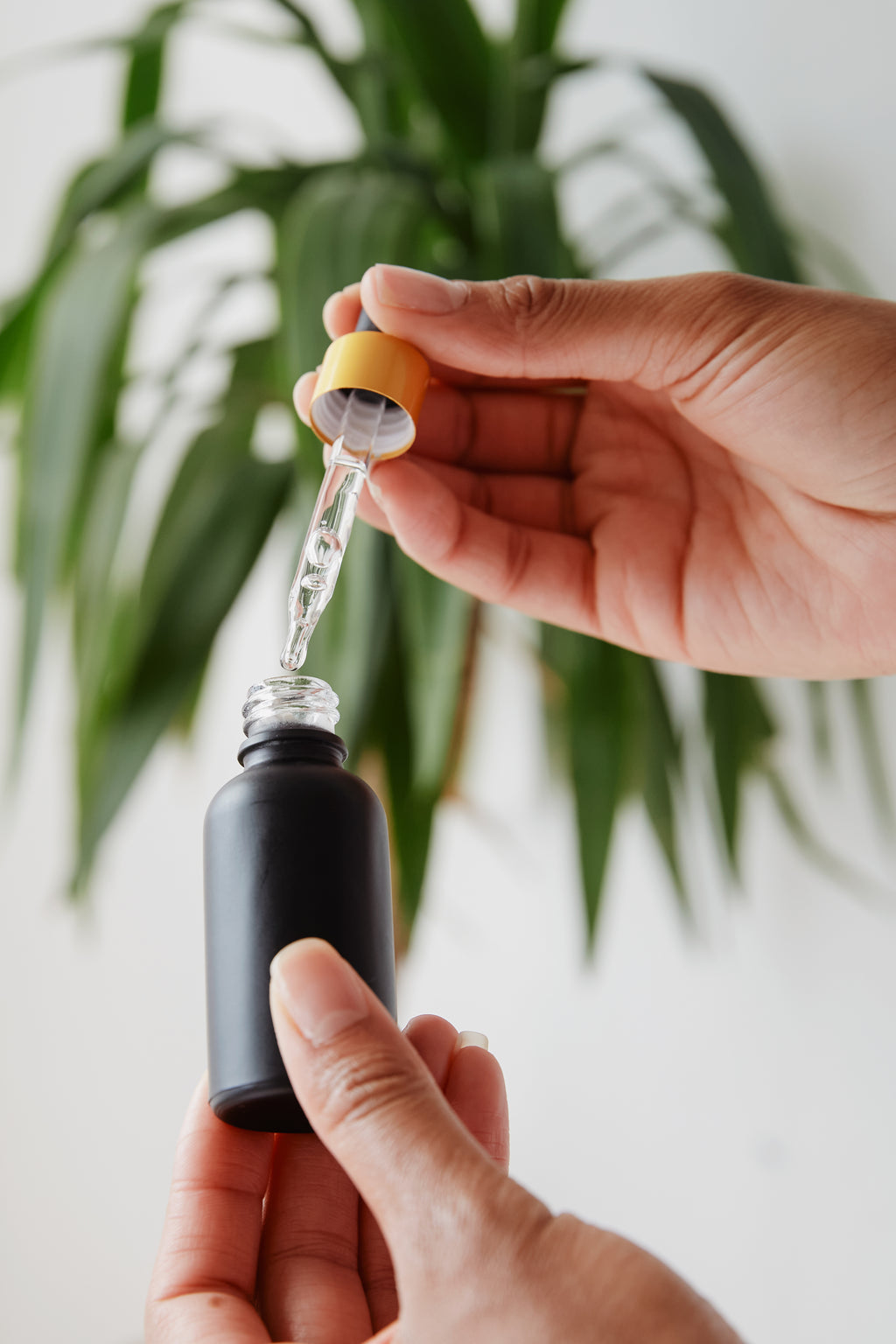It tackles breakouts, wrinkles, pigmentation, dryness and oiliness and is also suitable for sensitive skin. And all these superpowers are confirmed by research. We tell you how and why to include it in your beauty routine.
What Is The Benefit
Niacinamide, or as it is also called nicodinamide, is a form of vitamin B3 that plays an important role in the body.
For its properties on the skin, this ingredient deserves the title of superstar. Studies have proven its anti-inflammatory abilities and shown effectiveness in the fight against acne and rosacea. But this is far from all that it can do.
Niacinamide is a "universal soldier" that will boost your beauty routine for skin with almost any need. It fights pigmentation, dryness, wrinkles, sensitivity, regulates sebum production, improves the skin's protective barrier, keeps it moisturized and protects against ultraviolet rays.
Where To Look For It
Niacinamide is most often found in face serums and less often in tonics, creams and facial masks.
You'll definitely find it in Autography Retinol Serum, Authography HA Facial Serum, and Authography HA Facial Cream.

How To Use It Properly
Niacinamide treatment can be used daily in the morning and evening. This ingredient is also "friends" with others, so it can safely be combined with all forms of vitamin C, retinol and bacuchiol, as well as with various acids for better effect. Its properties can be strengthened in combination with hyaluronic acid, because it improves the assimilation of the product.
When choosing a product, it makes sense to pay attention to the combination of niacinamide with other ingredients in the cosmetic product.
When to Expect Results
Studies say that visible improvements in skin condition should be expected after at least four weeks of regular use of products with niacinamide. And in eight weeks, the skin can become noticeably smoother and moisturized. However, someone can notice the effect on their skin after a few days.
For problems like acne, a niacinamide serum alone may not be enough. Therefore, it is better to consult a dermatologist, who will help you choose comprehensive care and, possibly, treatment.


